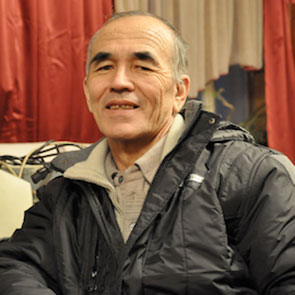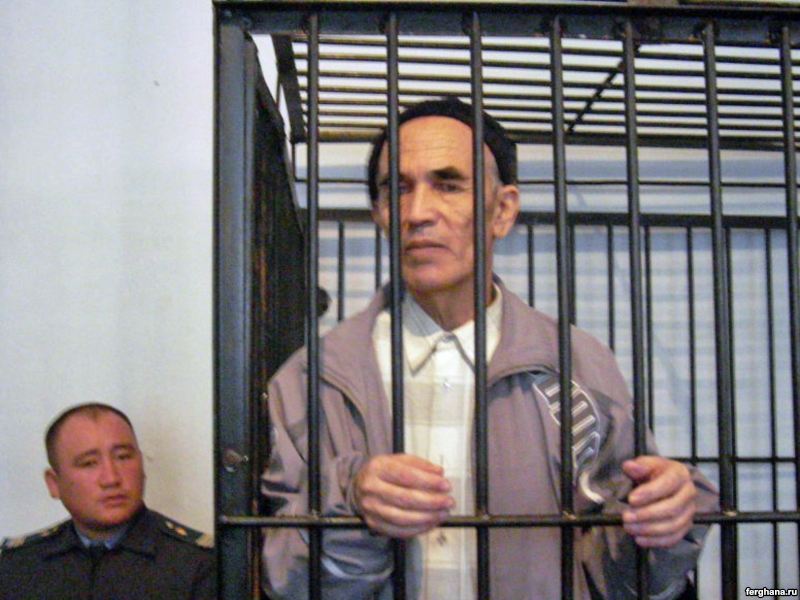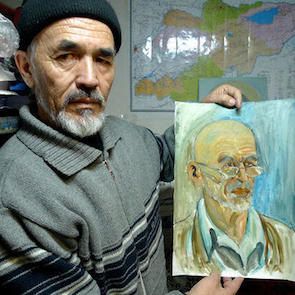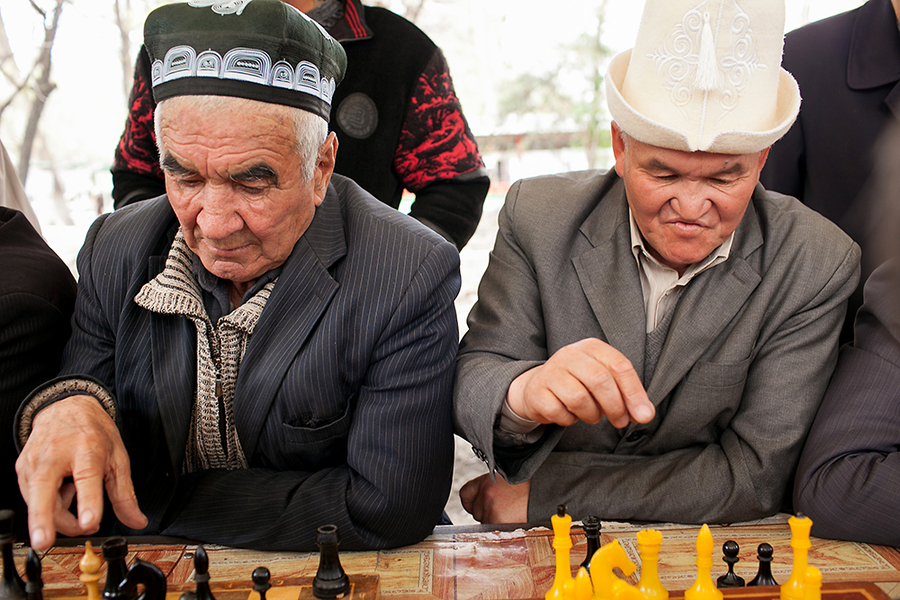
Azimjan Askarov
"It was not enough to sound the alarms. He also wanted to help heal the nation’s wounds by encouraging reconciliation between Uzbeks and Kyrgyz. For his work during this crisis, a time when his nation needed him most, he was arrested, subjected to harsh mistreatment, judged in a trial rife with procedural irregularities, and sentenced to life imprisonment, where he remains to this day. Many would have given up then and there. Many would have been broken. Not Askarov."
Antony J. Blinken, U.S. Deputy Secretary of State
I told the judge that I was tortured while in detention, but the judge signed a sanction for my continued detention. They asked me if I had any heart problems. Then they told me that they would beat me so hard no one will ever hear from me again or I could refuse the medical exam which I did."
Azimjan Askarov was a prominent human rights defender in Kyrgyzstan and founder of the human rights organization Vozdukh (Air). He worked to investigate and report cases of police abuse and poor prison conditions, and as a result was targeted by the authorities. On 15 September 2010, the human rights defender was sentenced to life imprisonment on trumped up charges of organising mass riots and involvement in the killing of a policeman. He was arrested on 16 June 2010 following violent clashes the same month between ethnic Kyrgyz and Uzbek people in south Kyrgyzstan, in which more than 400 people were killed. Azimjan Askarov was tortured in pre-trial detention facilities. However, the General Prosecutor's Office refused to investigate the allegations of torture and various courts, including the Supreme Court, upheld the General Prosecutor's refusal to investigate.
On July 25 2020, Azimjan Askarov died in Kyrgyzstan at penal colony №47 where he had been transferred a day before for medical examination.




